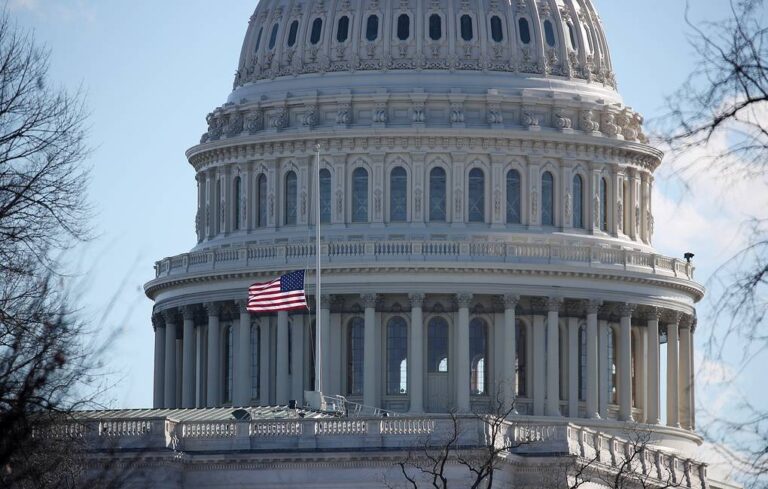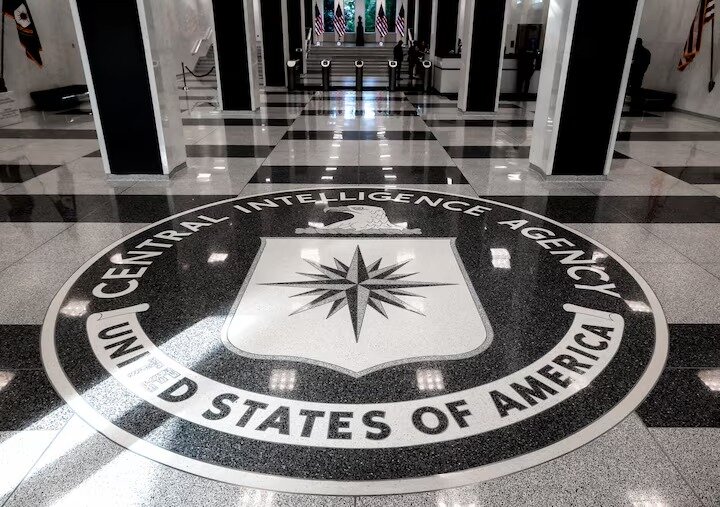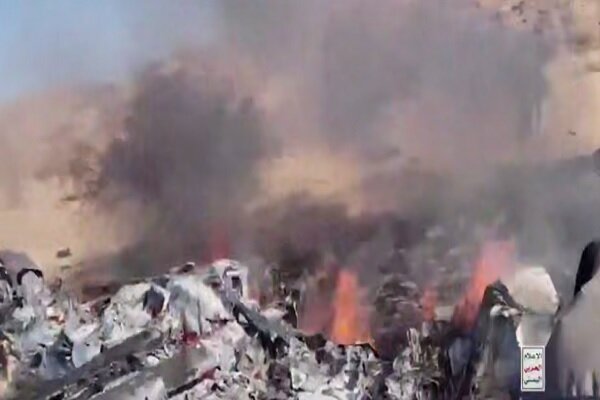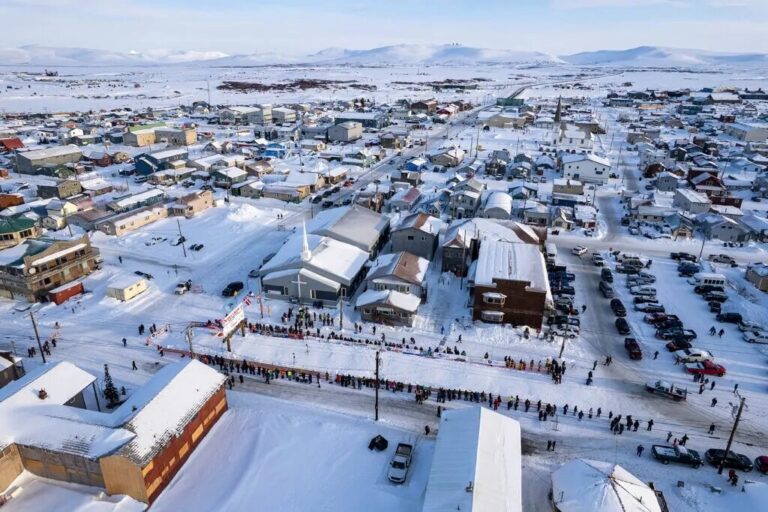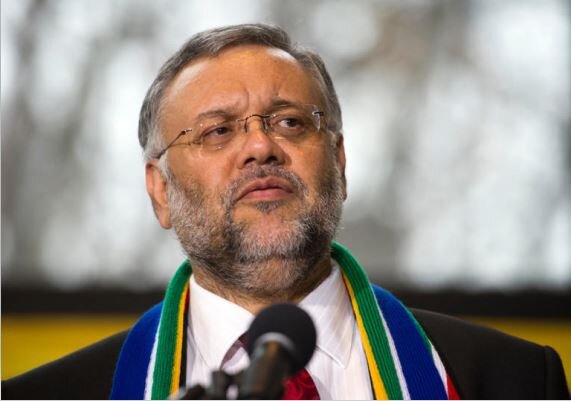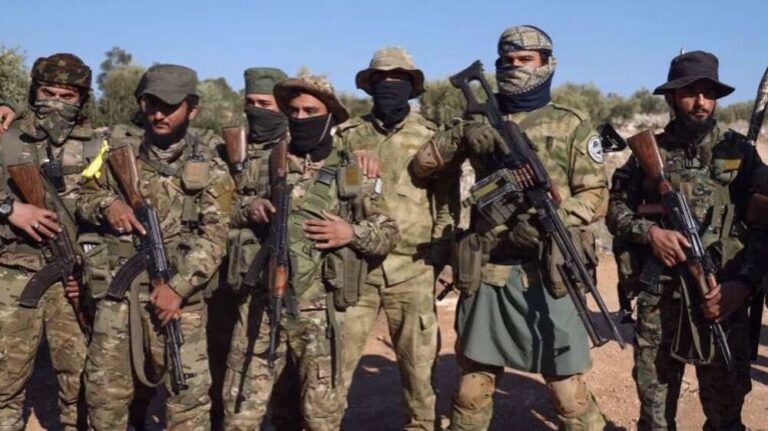Southern Lebanon’s Municipal Elections Coincide with Resistance and Liberation Anniversary
In a significant escalation of tensions, the Israeli occupation regime has intensified its military actions in South Lebanon, launching violent raids on Thursday. This surge in aggression comes in the lead-up to crucial municipal and mayoral elections scheduled for May 24, marking the 25th anniversary of Resistance and Liberation. The situation highlights the ongoing struggle for sovereignty and stability in the region.
The recent attacks have not deterred the Lebanese population, who have shown remarkable resilience and determination to participate in the upcoming elections. Despite threats from the Israeli regime aimed at discouraging public gatherings near the border, citizens are rallying for a strong turnout in defiance of ongoing U.S.-led Israeli aggression.
The final phase of the municipal and mayoral elections is of exceptional strategic importance as it directly impacts areas adjacent to occupied Palestine. This region remains highly sensitive due to the Israeli regime’s refusal to comply with international ceasefire agreements, specifically UN Resolution 1701, which calls for a withdrawal from occupied territories.
One of the primary challenges facing the Lebanese government is ensuring the security of these elections. Historical precedents indicate that Israel exhibits no restraint in its aggressive and unlawful actions, further complicating the electoral process.
The Lebanese government has made attempts to coordinate with U.S. officials to guarantee safe elections, particularly for those municipalities near the border. However, assurances from the U.S. side have been lacking. To facilitate the voting process, the government has been preparing prefabricated houses to serve as polling stations.
Just days before the elections, the situation escalated when the Israeli regime conducted four targeted assassinations across various locations. This was followed by an attack on Nabatieh, one of the largest electoral hubs in the south, where polling stations are critical for residents of border villages.
- The southern governorates are a stronghold for the Shiite movements, Hezbollah and the Amal Movement.
- The elections will serve as a critical indicator of public sentiment in the post-war South.
- A successful turnout could send significant messages regarding the resistance movement’s strength.
This election is not merely administrative; it serves as a platform to assess the political landscape following years of conflict. It is essential for the results to reflect the voices of the people, free from political manipulation. The outcome will carry weighty implications for future governance and representation.
In the backdrop of these elections, the anti-Resistance faction is strategizing to exploit any weaknesses within the southern municipalities. Their objective is to influence the May 2026 parliamentary elections, potentially impacting the Shiite duo’s control over key political positions, including the Speaker of the House of Representatives.
Hezbollah Secretary-General Sheikh Naim Qassem has emphasized the importance of citizen participation in the elections. He views this involvement as an essential aspect of steadfastness against the Israeli occupation. His message resonates deeply within the community, urging voters to make their voices heard.
Similarly, Parliament Speaker Nabih Berri, also the leader of the Amal Movement, has called upon the people of southern Lebanon to engage actively in the electoral process. His encouragement reflects a united front among the Shiite leadership in promoting electoral participation as a form of resistance.
Despite the adversities faced, the Shiite duo has successfully established around 100 municipalities through acclamation, which showcases the overwhelming support for the resistance option among the populace, particularly in areas bordering occupied Palestine. This support persists despite ongoing incitement campaigns aimed at undermining the reconstruction efforts in these regions.
The upcoming elections in South Lebanon serve not only as a means of local governance but also as a pivotal moment in the ongoing struggle for national identity and sovereignty. As tensions escalate, the resolve and unity of the Lebanese people will be tested, with the outcome of the elections potentially influencing the broader geopolitical landscape in the region.
In conclusion, the elections scheduled for May 24 represent a crucial juncture for South Lebanon. The community’s determination to participate despite threats and violence underscores a deep commitment to democracy and resistance. The world will be watching closely as the people of Lebanon cast their votes, sending a message of resilience and hope amid adversity.

